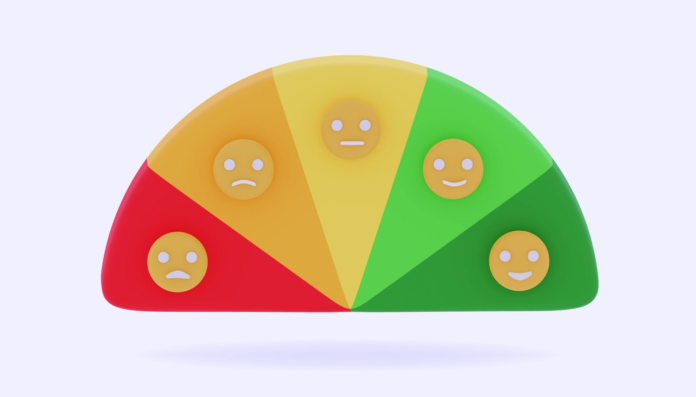In today’s financial landscape, maintaining a good score is crucial. It not only determines your eligibility for loans and credit cards but also affects the interest rates you pay. However, many individuals find themselves in the unfortunate position of having the lowest credit score. Intricacies of scores, how they can plummet to their lowest, and, most importantly, how to rebuild your financial standing.
Factors Affecting Your Credit
Missing payments, carrying high balances, or frequently opening new credit accounts can harm your score.
How to Check Your Score
To address a score problem, you must first know where you stand. Through various online platforms or by requesting a copy of your credit report from the three major credit bureaus – Equifax, Experian, and TransUnion.
How to Improve a Credit
Improving a score requires dedication and a strategic approach. You can start by paying your bills on time, reducing outstanding balances, and avoiding new credit inquiries. Over time, these actions can have a positive impact on your score.
Common Myths About Scores
Several myths surround scores, leading to misunderstandings. It’s essential to debunk these myths to understand how to improve your score effectively. For example, closing old credit accounts can sometimes harm your score rather than help it.
The Impact of a Lowest Credit Score
A low credit can have far-reaching consequences. It can lead to higher interest rates on loans and credit cards, difficulty in renting an apartment, and even potential job rejections, as some employers check credit as part of their hiring process.
Financial Consequences of a Low Score
Having a low score can result in increased financial stress. You may find it difficult to secure loans or credit for essential expenses, leading to a lower quality of life. It’s essential to address this issue proactively.
How to Rebuild Your Credit
Rebuilding your credit involves a series of actions, including clearing past debts, negotiating with creditors, and establishing a consistent payment history. It’s a journey that requires patience and commitment.
Credit and Mortgage Rates
When buying a home, your credit can significantly impact the mortgage rates you are offered. A lower score can result in higher monthly payments, making homeownership more expensive in the long run.
Score and Credit Cards
Credit card companies assess your score when issuing cards. A low score might limit your options to secure favorable terms and rewards. With an improved score, you can access credit cards with better benefits.
Maintaining a Good Score
Once you’ve improved your score, it’s vital to maintain it. This involves responsible credit management, such as regular bill payments, and avoiding actions that could harm your score. Read more…
Conclusion
In conclusion, a low score can pose significant challenges, but it’s not an insurmountable problem. Strategic steps to improve it, you can regain your financial stability.
FAQs
1. How do I get my score for free?
You can obtain your score for free from various online platforms or request your credit report from the major credit bureaus.
2. How long does it take to improve a score?
The time it takes to improve a score depends on various factors, but it generally takes several months to see significant improvements.
3. Can I get a loan with a score?
While getting a loan with a score is challenging, some lenders specialize in loans for individuals with poor credit.
4. Will closing old credit accounts help my score?
Closing old credit accounts can sometimes harm your score, so it’s essential to be cautious when considering this action.
5. How can I maintain a good score once I’ve improved it?
To maintain a good score, continue paying your bills on time, avoid excessive credit inquiries, and use your credit responsibly.

